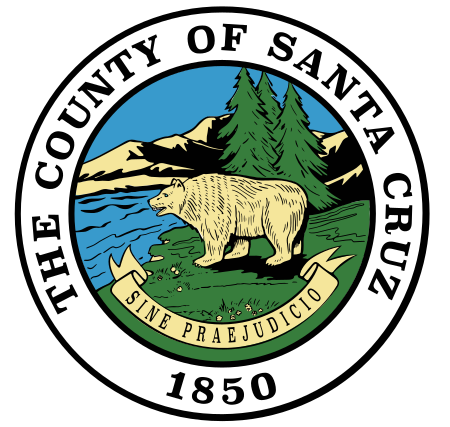DIRECTOR OF LABORATORY SERVICES (#NE9 ) $56.88-$75.90 hourly / $9,859.00-$13,156.00 monthly / $118,310.40-$157,872.00 yearly
Definition
Under general direction, to plan, organize, direct and review the departmental public health and clinical laboratory operations; to perform a variety of technical laboratory testing and analysis; and to do other work as required.
Typical Tasks
Plans, organizes and directs the operation of a public health and clinical laboratory; ensures that Federal and State regulations are met; compiles data and prepares reports regarding laboratory services; adopts and demonstrates to subordinates new laboratory techniques and procedures to improve services; ensures that departmental and laboratory policies and rules are disseminated and observed; performs bacteriological, serological, parasitological and other laboratory tests; reviews and verifies difficult tests and analyses; develops and implements quality control procedures; conducts quality control testing; develops and maintains manuals for standard operating procedures; develops and maintains protocols of laboratory testing procedures; selects, trains, supervises and evaluates the performance of subordinate technical and other staff; schedules work in various locations; serves as a resource to other departmental staff, local laboratories, and local physicians; provides training to nursing and other staff in laboratory field procedures; prepares or directs the preparation of technical reports, forms, records and correspondence; checks laboratory equipment and materials; authorizes equipment repairs and supply orders; maintains liaison with contract laboratories performing certain services for the department; prepares preliminary budget recommendations; may plan new programs and develop new services as feasible.
Employment Standards
-
Thorough knowledge of laws, regulations and standards pertaining to public health and clinical laboratories;
-
Thorough knowledge of bacteriological, serological, mycological, parasitological, and other microbiological principles;
-
Thorough knowledge of techniques, equipment, and terminology used in the examination of body fluids and tissues, foods and water;
-
General knowledge of proper laboratory safety precautions and procedures;
-
General knowledge of current trends and concepts in public health microbiology;
-
General knowledge of causes and modes of transmission of communicable disease;
-
Some knowledge of basic principles of administration, including basic budgeting, principles of effective supervision and management.
-
Direct, train and evaluate other laboratory and support personnel;
-
Perform and direct complex laboratory tests and examinations;
-
Maintain proper laboratory safety precautions and procedures;
-
Analyze situations accurately and take effective action;
-
Establish and maintain effective working relationships with other staff departments, agencies, laboratories, physicians, and the general public;
-
Speak and write effectively, including preparation of clear and concise records and reports;
-
Interpret laws, regulations, and standards pertaining to health and clinical laboratories and related facilities.
-
Develop and maintain protocols of laboratory testing procedure;
-
Develop and maintain program of quality control for public health and clinical laboratories.
Training and Experience and Licensure:
Any combination of licensure, training and experience which is required by Federal and State regulations to direct a public health and Medicare approved clinical laboratory.
Miscellaneous
CLASS: NE9; EST: 8/1/1979;

